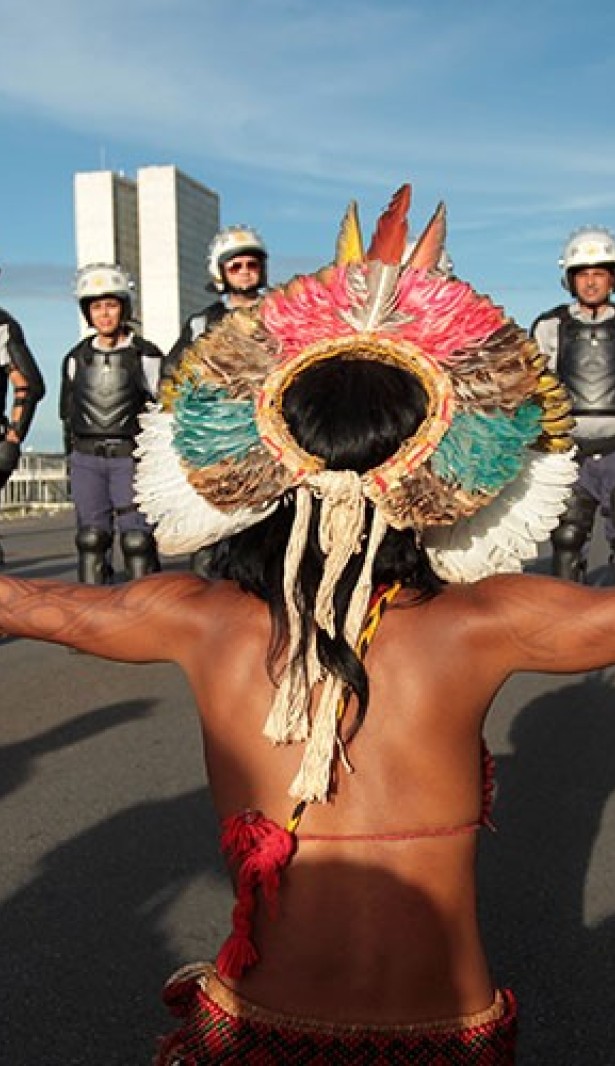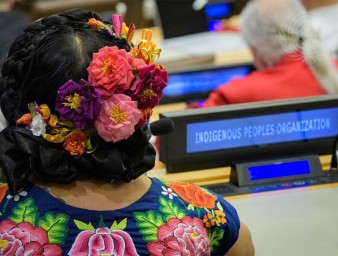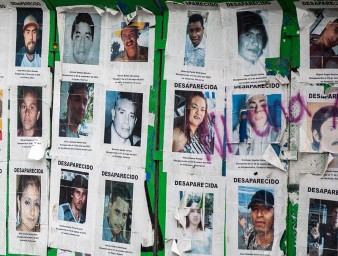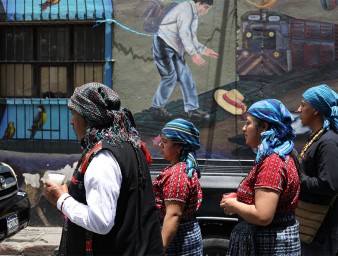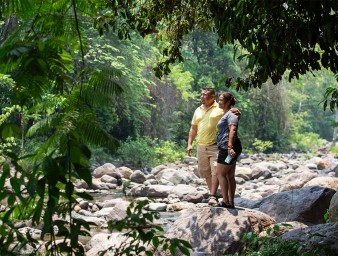Experts: Indigenous human rights activists should be protected not criminalised
12 October 2020
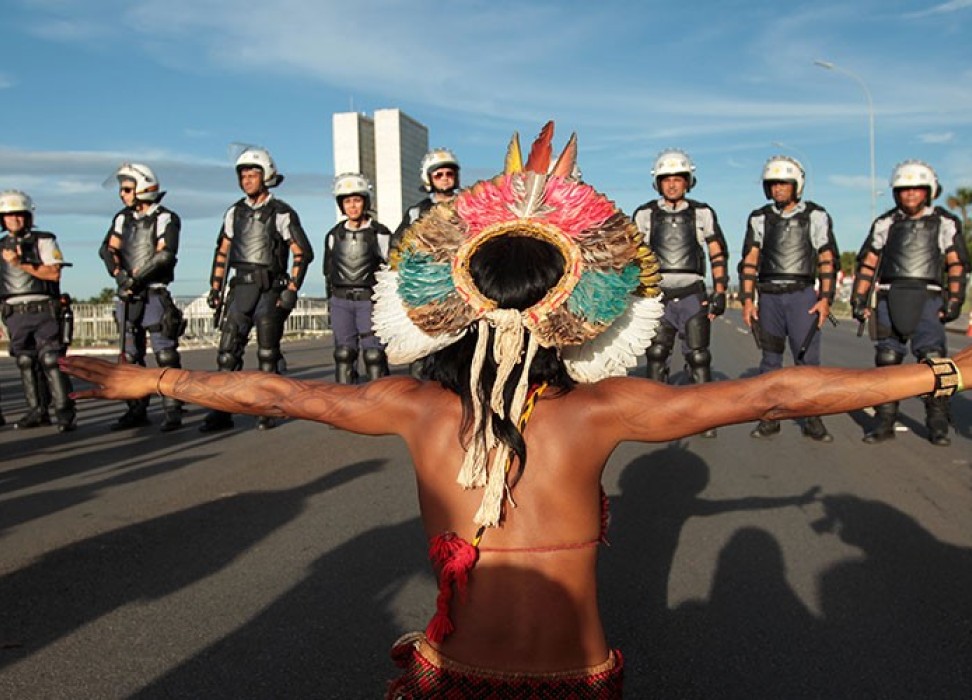
Indigenous human rights defenders are more likely to be killed, displaced or harassed as they defend their way of life from encroachment by businesses, paramilitary groups and others. At a Human Rights Council panel discussion, activists and experts called on States to be more proactive in helping to keep these activists alive.
For indigenous human rights defenders, standing up for rights, protecting their land, culture and way of life often leads to harassment, criminal charges, even murder.
“The indigenous peoples of Colombia are at risk of physical and cultural extermination and on the threshold of genocide, because we continue, despite the peace agreements, to experience the systematic nature of the violation of the rights of indigenous peoples,” said Aida Quilcue Vivas, a human rights counsellor of the National Indigenous Organizations of Colombia.
Vivas is a member of the Nasa peoples, one of the 115 recognized groups of indigenous peoples living within the country. She told the Human Rights Council that these continued attacks on indigenous peoples amount to genocide. Vivas was one of the panellists taking part in a discussion on the protection of indigenous human rights defenders during the Human Rights Council.
Panellists discussed the various ways that these “extraordinary people representing some of the most vulnerable communities in the world are additionally endangered now,” said UN Deputy High Commissioner for Human Rights Nada Al-Nashif.
“The global challenge of COVID-19 is disproportionately affecting indigenous peoples, exposing … pre-existing structural inequalities,” she said. “Indigenous peoples were already disadvantaged in terms of their health and access to quality health care prior to the pandemic. The crisis has only made this situation worse. Reports of increased conflict and encroachment over indigenous land in recent month’s point to yet further negative outcomes for indigenous people. The short and long-term social and economic consequences of COVID-19 are unlikely to improve their lives.”
One of the reasons that attacks and killings of indigenous human rights defenders is so prevalent is that perpetrators enjoy almost total impunity, said Andrew Anderson, Executive Director of Frontline Defenders, a non-profit that helps to protect human rights defenders.
“In fact, in the past three years, we have documented the killing of 240 indigenous peoples’ rights defenders, over a quarter of the global total of human rights defenders killed,” Anderson said. “A shockingly high statistic, given that Indigenous peoples make up only an estimated 5 percent of the global population.”
At the heart of many of these disputes is land. Indigenous people find time after time their territories and ancestral places are carved up and sold off, often with little or no consultation. Those who resist are brutally handled, with many being left homeless or killed.
Such is the case for the indigenous forest Pygmy peoples of the Democratic Republic of the Congo (DRC), said Joseph Itongwa, Chairman of the Indigenous Peoples Network for the sustainable management of forest ecosystems in the DRC.
“Several external threats weigh on these indigenous lands, often marked by cases of land dispossession frequently accompanied by violence, forced expropriations and relocations, land conflicts and expulsions of indigenous Pygmy peoples from their lands, without consent or consultation,” said Itongwa. He called on the DRC government to enforce human rights law, nationally and internationally, for which it is a signatory.
Indigenous people who do try to stand up for their rights, often find themselves treated as criminals, said Vivas. Her organization has documented more than 10,000 cases of victimization and violent acts against indigenous human rights defenders in Colombia, many happening while people are protesting, she said.
“That is why today I also want to clarify and say that because we have had to resort to resistance to enforce our rights, the governments’ strategy is to treat us -- indigenous peoples, students and civil society -- like terrorists, criminals,” Vivas said.
Thus, States must be held better accountable in protecting the lives of indigenous human rights defenders, said Victoria Tauli-Corpuz, a member of the Kankanaey Igorot peoples of the Philippines and former Special Rapporteur on the rights of indigenous peoples. Citing a report, she presented to the Council in 2018, Tauli-Corpuz made several recommendations for State actions including undertaking impartial and prompt investigations to provide effective reparations to victims of criminalization and extrajudicial killings, as well as enacting laws that expressly support the protection of human rights defenders. She also urged businesses looking to work in indigenous areas to adopt the UN Guiding Principles on Business and Human Rights, as a benchmark for ethical behaviour.
“There should be more constructive dialogues between indigenous peoples and the states as well as the private sector at all levels from the local up to the national up to the global levels if the private sector, for instance, is involved there should also be processes which they install that will allow for that kind of dialogue to take place,” she said.
12 October 2020
